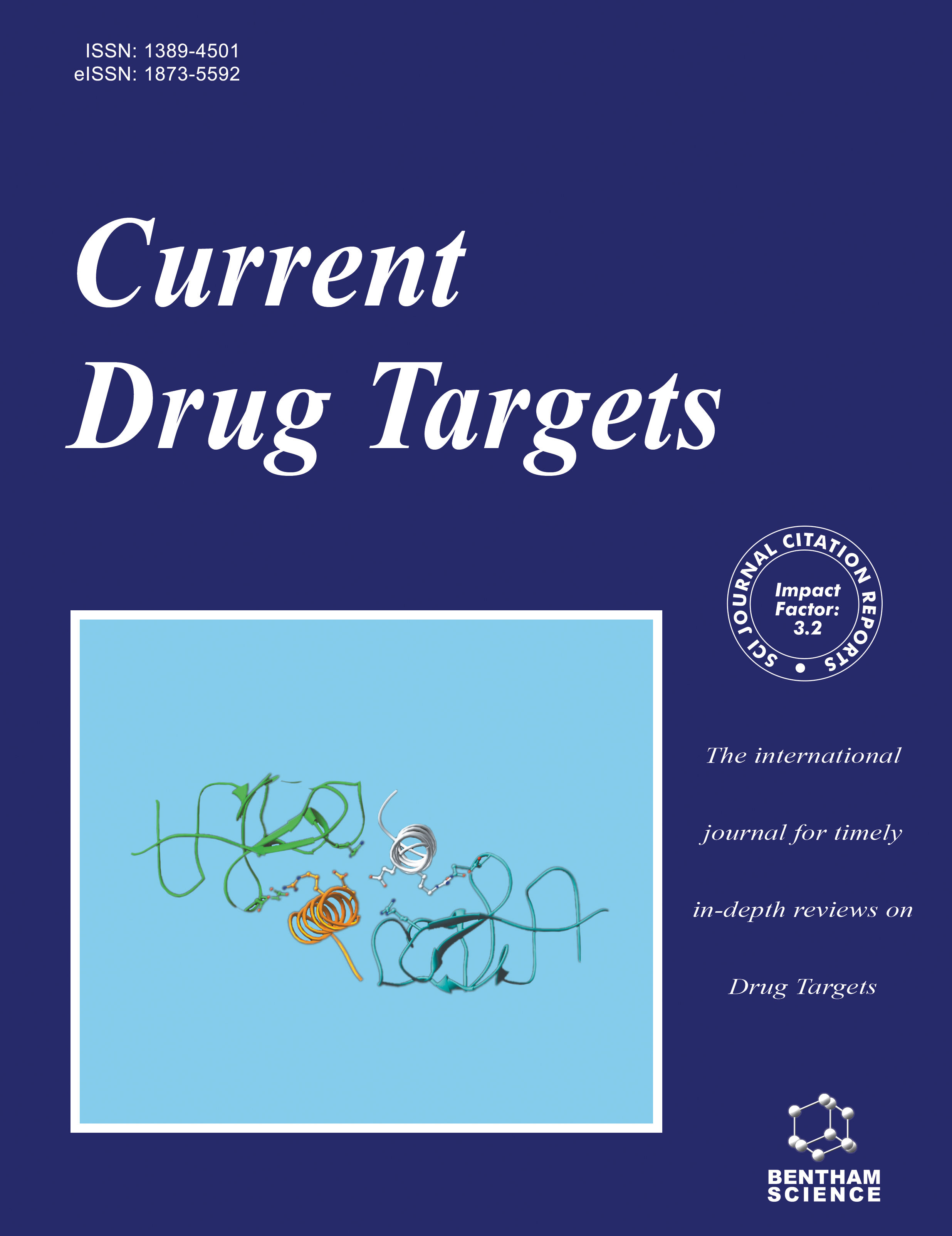
Full text loading...
Lung cancer, particularly non-small cell lung cancer, is a leading cause of global mortality, with many cases diagnosed at advanced stages. The Toll-Like Receptor (TLR) signaling pathway plays a crucial role in linking inflammation to lung cancer progression, with both pro-tumor and anti-tumor effects. This perspective delves into the complex functions of TLR proteins in lung cancers, elucidating their involvement in tumor growth, angiogenesis, and metastasis. In addition, we highlight the therapeutic potentials of TLR agonists and antagonists, emphasizing their interplay with immune checkpoint inhibitors like PD-1/PD-L1 blockers to overcome immunosuppressive barriers. Nevertheless, the paradoxical effects of TLR activation, balancing immune stimulation and suppression, demand precise targeting strategies. Collectively, our study synthesizes the current understanding of TLR signaling pathways in lung cancers, offering insights into their potential for advancing lung cancer therapies.

Article metrics loading...

Full text loading...
References


Data & Media loading...

